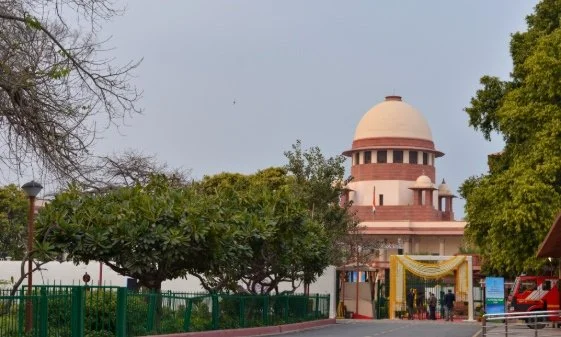
Supreme Court Rejects Timelines for Governor’s Assent
The Supreme Court has ruled that courts cannot impose deadlines on the President or State Governors for granting or withholding assent to bills passed by legislatures. Nor can courts treat inaction as assent. A Constitution Bench held that such directions, issued by a two-judge Bench in April 2024, are unconstitutional and violate the separation of powers between the judiciary and executive.

Study Finds 83% of Indian Patients Carry Drug‑Resistant ‘Superbugs’
A new international study reveals that antimicrobial resistance (AMR), which is the ability of bacteria and other microbes to resist the effects of medicines that once killed them, is now one of the most pressing threats to public health worldwide, and this new study places India at the heart of that emergency.
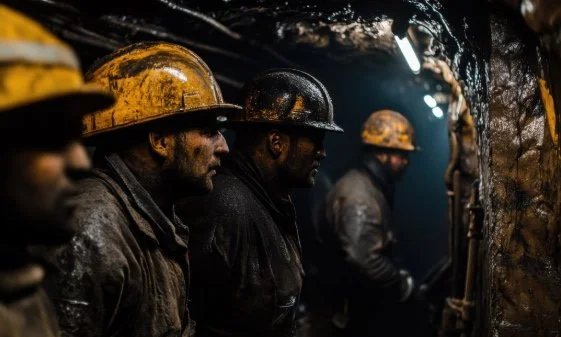
Supreme Court Reopens Door for Post-Facto Environmental Clearances
The Supreme Court has revived a mechanism that allows construction or industrial projects to obtain environmental clearance even after they have already started or expanded without approval. This means projects that violated environmental rules can now continue operations without facing legal action or being dismantled.

Delhi University Faces Backlash After Democracy Seminar Is Cancelled
According to report published in CNN, Delhi University cancelled a long-running seminar on democracy on the same day it issued a directive urging staff and students to attend a summit on cow welfare. The overlap sparked anger among professors and students who said it showed pressure from the government to push Hindu nationalist interests inside public universities.

When Did You Last Check Your Blood Fats? Diabetes May Already Be Taking Hold
A new nationwide health report has revealed something most people don’t see coming. The body begins to show early signs of diabetes long before sugar levels rise. These warning signs are not picked up during routine checks. They lie in fat imbalances in the blood, especially in younger adults who don’t feel sick and may not look unhealthy.

How AI Is Changing Work Habits, Aspirations Among Young Indian Employees
The Indian workplace is undergoing a major psychological and structural reset, and artificial intelligence is at the heart of it. A new study shows that employees now use AI not only to work more efficiently, but also as a daily companion, career guide and thinking partner. This is especially true for younger professionals who are redefining what success, identity and purpose mean in their careers.
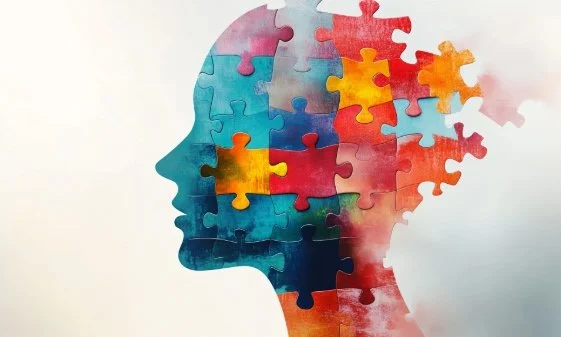
New Global Study May Transform Mental Illness Treatment by Studying Causes
A major research project in the U.K. is studying why serious mental illnesses like schizophrenia and bipolar disorder happen, so that new, safer treatments can be developed. It involves collecting detailed data from 600 people and sharing it with scientists around the world to change how these illnesses are understood, diagnosed and treated.
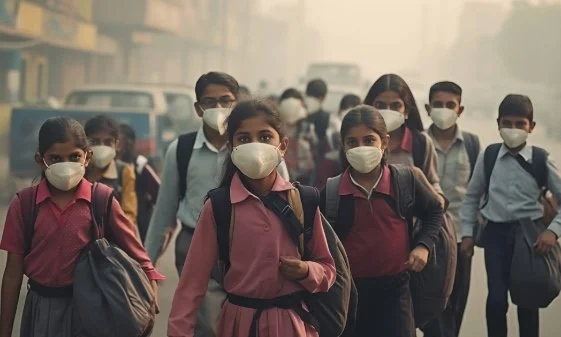
Supreme Court Warns Against Physical Hearings as Delhi Air Turns Toxic
During a hearing unrelated to pollution in Delhi, a Supreme Court judge urged lawyers to avoid attending court in person, warning that the air was so toxic that “even masks are not enough.” The observation came as air quality in Delhi-NCR entered the “severe” category yet again, and at a time when the government is already under scrutiny in a separate case concerning its failure to control pollution.

India’s Richest 1% Increased Their Wealth Share by 62% in the Last 25 Years
Over the past two decades, a small group of people, including in India, have taken a much larger share of global wealth, while most of the world has seen little gain, according to a new report that links this concentration of wealth not only to personal effort but also to government policies that boosted financial markets at the expense of public resources.
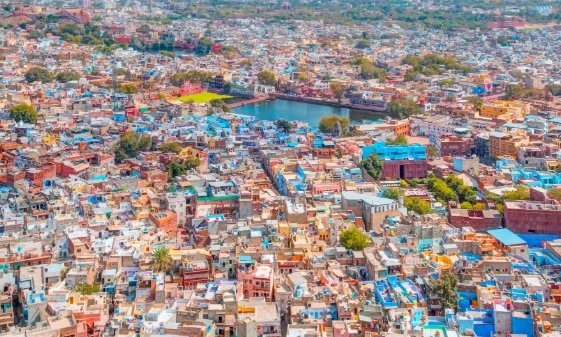
Population Does Not Cause Poverty, Bad Economics Does
The idea that India’s large population is the reason for its poverty is still taught in economics classes, but it falls apart under basic scrutiny, says Sauvik Chakraverti, a libertarian thinker and economist, in “Free Your Mind: A Beginner’s Guide to Political Economy.” If wealth is created by humans working, producing and exchanging with each other, how can more humans cause poverty?

ECI’s SIR: Can You Lose Your Vote While Filling the Form?
The Election Commission of India’s (ECI) Special Intensive Revision (SIR) form sounds like something designed to make democracy feel interactive, but for many voters it is more like a riddle printed on government stationery. While the ECI calls it an exercise to clean up and verify the electoral rolls, it has millions of people staring at a piece of paper and wondering whether their democracy runs on acronyms.
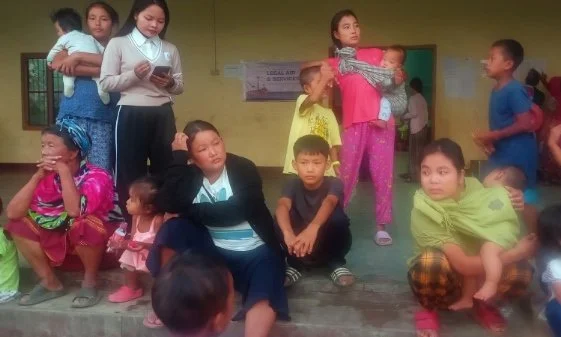
Manipur: Centre Refuses UT Demand Ignoring Kuki-Zo’s De Facto Separation
The Union home ministry reportedly held talks with two armed Kuki-Zo groups on November 6 and 7. The groups said they could no longer live under the Manipur government. The Centre said it understood their pain but would not create a new Union territory. That policy now stands at odds with the reality of Manipur.

India Faces Alarming Rise in Chronic Kidney Disease
Chronic kidney disease, or CKD, has become one of the fastest growing health threats in India, with over 138 million adults now affected, according to a major new study published in The Lancet. India ranks second only to China in the number of people living with CKD, making it one of the worst-affected countries in a global crisis that has seen total cases more than double since 1990.
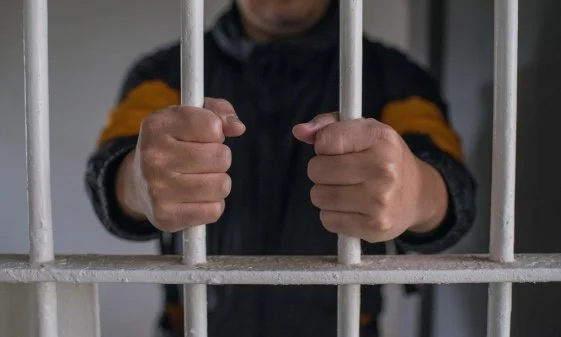
Supreme Court: Police Must Give Written Arrest Reasons in Understood Language
The Supreme Court has ruled that any person who is arrested must be given the reasons in writing, and in a language they understand. The rule now applies in all cases, across all laws, no matter how serious the crime is.
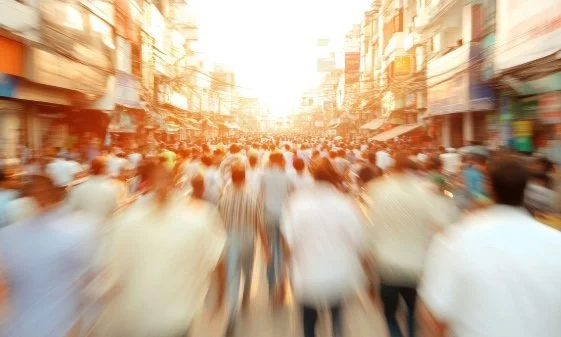
What Is Bihar’s Assembly Election About?
The 2025 assembly election in Bihar is being widely portrayed in the media as a face-off between the National Democratic Alliance (NDA) and the Mahagathbandhan (MGB), with little mention of the state’s long-standing governance failures.
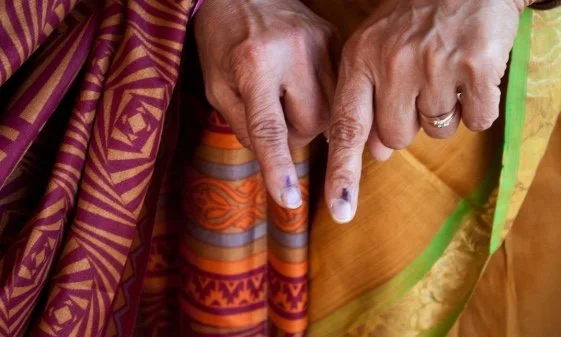
Rahul Gandhi Accuses Election Commission of Enabling Voter Fraud in Haryana
The Leader of the Opposition, Rahul Gandhi, has accused the Election Commission of India (ECI) of facilitating mass voter fraud to benefit the ruling Bharatiya Janata Party (BJP) in the 2024 Haryana assembly election. Speaking at a press conference in New Delhi on November 5, Gandhi alleged that there were 2.5 million fake entries in the state’s voter rolls, saying the figure is significantly larger than the combined margin of BJP’s victories in key constituencies.
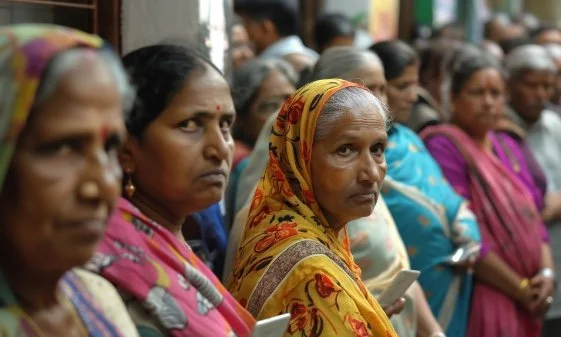
Tamil Nadu Party Challenges SIR in Supreme Court, Citing Risk to Electoral Rights
The Dravida Munnetra Kazhagam (DMK) party in Tamil Nadu has filed a writ petition in the Supreme Court challenging the Election Commission of India’s (ECI) expansion of a voter list verification drive known as the Special Intensive Revision (SIR). The petition claims that the SIR exercise, now extended to 12 states and Union Territories, threatens the right of citizens to participate in elections and imposes burdens that resemble a citizenship test without legal authority.
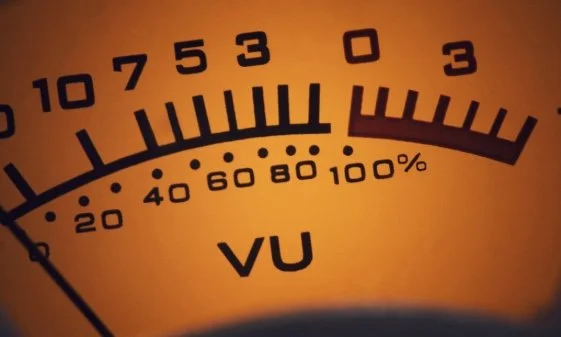
Govt Forensic Lab Claims ‘Manipur Tapes’ Tampered With
The Indian government’s forensic laboratory has told the Supreme Court that audio tapes allegedly implicating Biren N. Singh, former chief minister of Manipur, in ethnic violence were tampered with and cannot be used for voice comparison.

India’s Services Sector Drives Growth but Fails to Create Secure Jobs
A new report from the government’s think tank NITI Aayog shows that even though services account for more than half of India’s total economic output, they employ less than a third of the country’s workforce. The imbalance signals a deeper structural fault in India’s development model, where growth is accelerating without offering meaningful or secure work to most people.
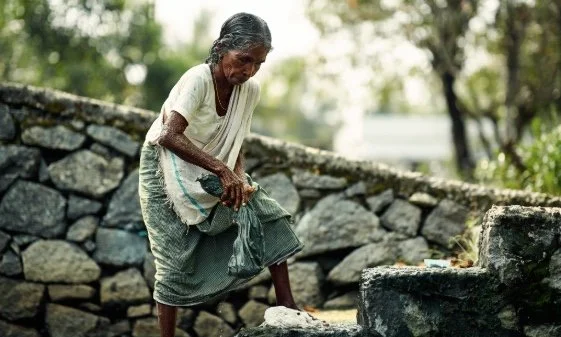
Kerala Set to Declare End of Extreme Poverty, Experts Question the Basis
As Kerala Chief Minister Pinarayi Vijayan prepares to formally declare the state the first in India to be entirely free from extreme poverty on November 1, a group of economists, statisticians and public intellectuals have posed a basic and unavoidable question: how was this conclusion reached?
